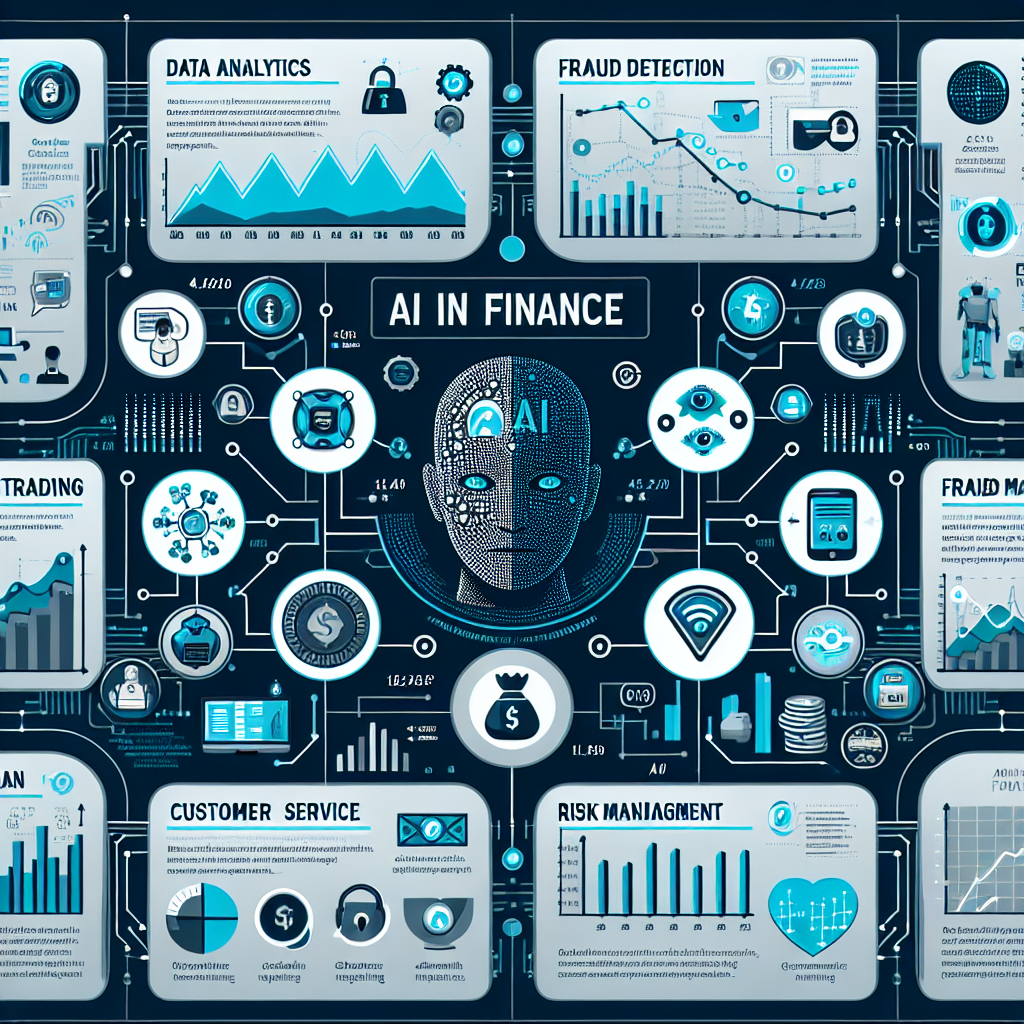The financial world is undergoing a massive transformation! Artificial Intelligence is no longer a futuristic concept but a present-day reality reshaping how we manage, invest, and understand money. Did you know that by 2024, AI is expected to save the banking industry a staggering $447 billion?
From Wall Street trading floors to local bank branches, AI is revolutionizing every aspect of financial services. Imagine algorithms that can predict market trends with uncanny accuracy, or smart systems that detect fraudulent transactions in milliseconds. This isn't science fiction — it's happening right now!
The Rise of AI in Financial Decision-Making
Artificial intelligence has revolutionized how financial institutions and investors analyze complex market data. Moreover, as computational capabilities continue to expand, AI's role in financial analysis becomes increasingly sophisticated and nuanced.
Machine Learning Algorithms in Market Prediction
Machine learning models now can process enormous datasets far beyond human capacity. For instance, hedge funds like Renaissance Technologies have long used algorithmic trading strategies that leverage AI to identify market patterns. These algorithms can simultaneously analyze global market trends, economic indicators, and company performance metrics in milliseconds.
Predictive Analytics and Risk Assessment
Advanced neural networks help financial analysts assess investment risks more accurately. By examining historical market data, these systems can predict potential market fluctuations with remarkable precision. Companies like BlackRock have integrated AI-driven risk assessment tools that provide more comprehensive investment strategies.
Natural Language Processing in Financial Research
Natural language processing (NLP) has transformed how financial intelligence is gathered. AI can now:
- Scan thousands of financial reports simultaneously
- Extract sentiment from news articles
- Analyze corporate communications for potential market signals
Real-time Market Sentiment Analysis
Platforms like Bloomberg Terminal now incorporate AI-powered sentiment analysis, allowing investors to gauge market mood instantly. During events like earnings reports, these tools can quickly interpret potential market reactions.
Automated Trading and Portfolio Management
Robo-advisors represent a significant AI application in personal finance. Services like Betterment and Wealthfront use sophisticated algorithms to create personalized investment portfolios, adjusting strategies based on individual risk tolerance and market conditions.
Democratizing Investment Strategies
These AI-driven platforms have made advanced investment techniques accessible to average investors, reducing traditional barriers to sophisticated financial management.
Ethical Considerations and Limitations
Despite impressive capabilities, AI in financial analysis isn't infallible. Potential challenges include:
- Algorithmic bias
- Over-reliance on historical data
- Difficulty interpreting unprecedented market events
Maintaining Human Oversight
Successful financial institutions recognize that AI should complement, not replace, human expertise. Skilled financial professionals remain crucial in interpreting complex AI-generated insights.
Future Technological Integrations
Emerging technologies like quantum computing promise even more advanced financial analysis capabilities. These developments could enable near-instantaneous global market predictions with unprecedented accuracy.
Conclusion
AI is not just changing finance — it's reimagining it entirely. As technology continues to evolve, financial institutions that embrace these innovations will lead the way. Are you ready to be part of this exciting transformation?
Stay informed, stay ahead!

